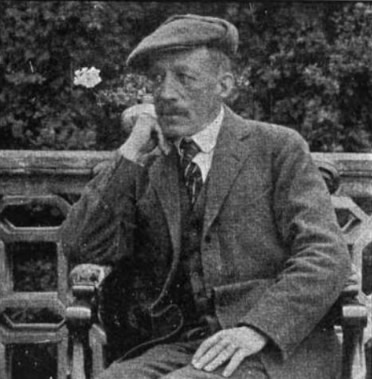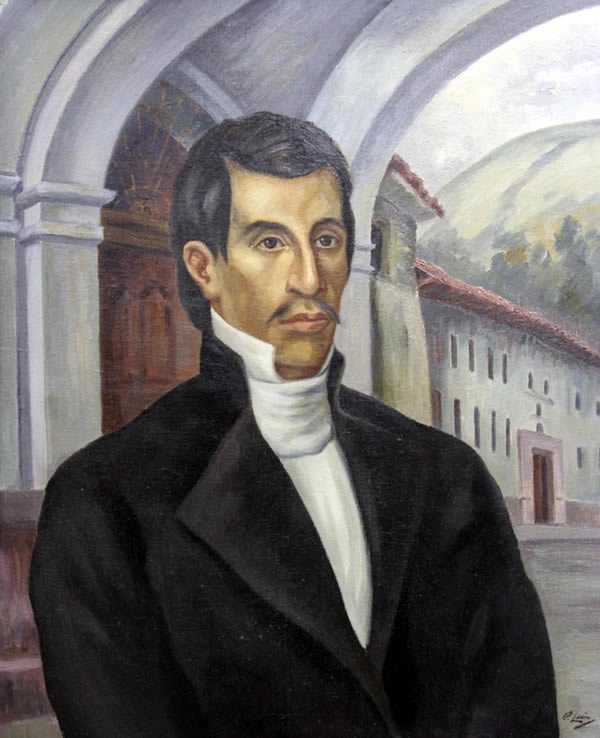Enrique Terán Vaca (Quito, 1887 – 1941) was an influential Ecuadorian musician, writer, and political activist. He honed his musical skills at the Royal Academy of Music in London, which played a pivotal role in his artistic development. A key member of the Ecuadorian Socialist Party, Terán actively engaged in the political scene of early 20th-century Ecuador. His literary legacy, highlighted by his notable novel ‘El cojo Navarrete’, delves into the effects of the Liberal Revolution in Ecuador. Terán’s multifaceted talents profoundly impacted Ecuador’s cultural and political spheres.
Continue reading “Enrique Terán”Category: Satirist writers
Anacarsis Martínez
Anacarsis Martínez (Ambato, Tungurahua, July 16, 1862 – March 27, 1930) was an Ecuadorian politician, satirist, writer, publisher, and editor. His first political writings were published in the newspaper “El Combate” alongside Juan Benigno Vela and Celiano Monge. Then, in 1887, he founded and became the editor of “La Avispa,” a political-satirical newspaper. His writings were mainly published in Trajano Mera’s “Revista Ecuatoriana” and in “Revista Guayaquil,” where he published his acclaimed article “Las ilusiones de un gamonal.” He also wrote the short novel “El desfalco.” In 1911, he served as Governor of Tungurahua. He was the older brother of the writers Augusto N. Martinez and Luis A. Martinez.
Continue reading “Anacarsis Martínez”Eugenio Espejo
Francisco Javier Eugenio de Santa Cruz y Espejo (Royal Audiencia of Quito, February 21, 1747 – December 28, 1795) better known as Eugenio Espejo was an 18th-century Spanish physician, writer, librarian, lawyer, and a pioneering figure in colonial Ecuador. Born in 1747, he was of mestizo origin and became a notable scientist and writer, but his true impact lies in his role as a polemicist and advocate for separatism in Quito. Espejo was the first journalist and hygienist in Quito, using his platform to spread enlightened ideas and critique the lack of education, corruption, and cultural aspects of the colonial authorities. He composed an important treatise on sanitary conditions, showcasing his understanding of microorganisms and their role in disease transmission. Espejo’s satirical works, inspired by the Age of Enlightenment, made him a target for persecution, leading to his imprisonment shortly before his death in 1795. Despite his hardships, Eugenio Espejo is regarded as one of the most important figures in colonial Ecuador and left a lasting legacy as a champion of education, science, and social reform.
Continue reading “Eugenio Espejo”

